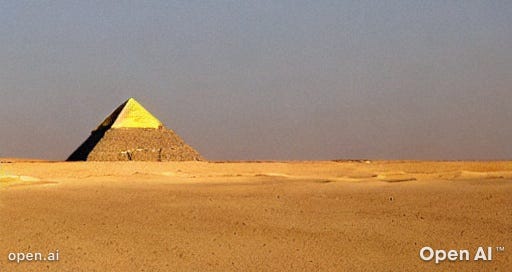This is a weekly summary, delivered each Thursday, of ideas and techniques we think will be of interest to anyone who wants to use science for personal, rather than professional reasons.
In this issue, we summarize tips that can give you free access to online resources often available only to academics.
Professional scientists usually have access to university or corporate libraries and free access to online databases for just about any scientific or academic research study you can imagine. Unless you want to pay the $30 to access just one article in Nature, Personal Scientists must be more resourceful. Fortunately there are several legal ways to access virtually any science or technology related item you need.
My favorite is Research Gate. Create a (free) account and look up an article of interest. Often the full text will be immediately available. If not, you can directly request it from the authors. A scientist with an account on the system can then legally send you a copy, generally no questions asked. Even if the main author doesn’t have an account, I’ve found that I can almost always get a copy within a day or two from one of the co-authors.
Another option is Academia.edu. This sign-up process is a little more involved — they apparently manually review each request — but a basic account is free. Just tell them you’re a personal scientist and explain broadly the topics that interest you. Once in, you’ll have easy access to tons of papers that authors have already put on the system. Black Swan author Nassim Taleb keeps most of his recent drafts there, for example. When recently I wanted a paywalled article about the history of mask-wearing in Japan, I was able to contact the author directly. He not only sent me the article, but answered further questions about his work.
Your local public library probably gives you free online access to more than 50,000 technical books and courses from O’Reilly Media and other major technical publishers. Browse full text of the latest titles on working with GPT , Fitness for Geeks, Apple Watch for Dummies, and much more. These links are all for the Seattle Public Library, but I bet your local library offers something similar.
Finally, If you’ve made more than 500 edits on Wikipedia (10 in the past month), you’re eligible for free access to the Wikipedia Library, which includes those super-expensive ones from Wiley, Springer, JSTOR, and many others.
Weekly links of interest
Economist Emily Oster explains why it’s a waste of time to read most of those headline-grabbing “scientific” studies that pretend to explain causation.
However, in typical data you cannot observe and adjust for all differences. You do not see everything about people. Sometimes this is simply because our variables are rough: we see whether someone has a family income above or below the poverty line, but not any more details, and those details are important. There are also characteristics we almost never capture in data, like How much do you like exercise? or How healthy are your partner’s behaviors? or even Where is the closest farmers’ market?
You’ve heard how It was once “settled science” that ulcers are caused by stress, until one man in brave defiance of the mainstream deliberately ingested bacteria to prove them wrong. The real story is more complex.
We offered several productivity suggestions in Personal Science Week - 02 Mar 2023. Here’s another one: avoid “The Collector’s Fallacy”. Powerful clipping and storing tools make it so easy to save some interesting information that you don’t bother to store it in the place where it’s most useful: your head.
About Personal Science
Personal Scientists try to improve a little bit every day, and that goes for this site too. Our home page, now at https://personalscience.com, includes a “Tips” section, where we summarize most of what we know in a more organized form. You can even download all of our content in PDF or ePub format.
As always, please leave a comment or contact us directly if you have other tips or topics you’d like to discuss.






